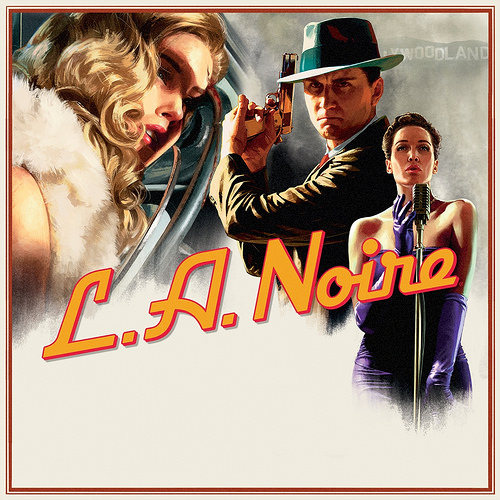
Cole Phelps is back in L.A. Noire. Rockstar Games has revisited their groundbreaking open-world detective game with a plastic surgeon’s touch. The original release back in 2011 boasted the first implementation of MotionScan, the revolutionary motion capture technology that transported live character actors into the historically accurate 1940’s Los Angeles. This time around, the game flaunts mostly cosmetic improvements and superficial collectibles.
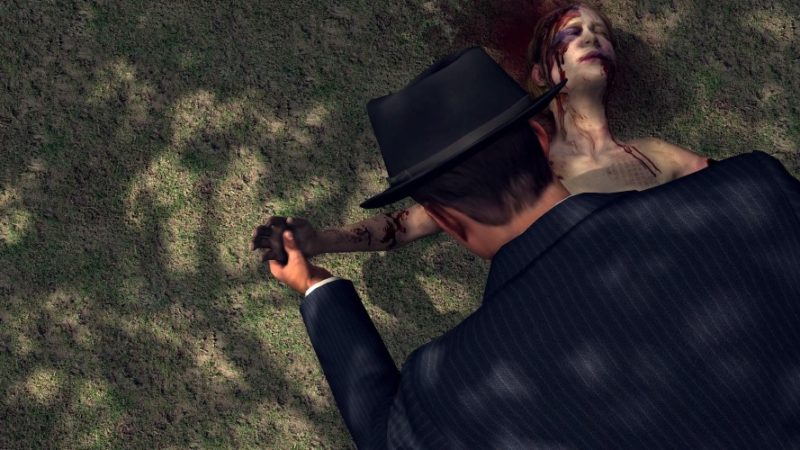
Phelps has returned from the fiery pacific with medals he does not wish to mention to his blue colleagues. He has spent his darkest hours witnessing an island nation’s descent into the hell he helped orchestrate. Now in a slimy and bustling metropolis, he decides to right his moral scales with proper social justice of the domestic brand. His military prowess leads him to a fast track to the coveted detective desk. When the station has eroded into assumptions, Phelps strikes back with textbook inspection and deductive reasoning.
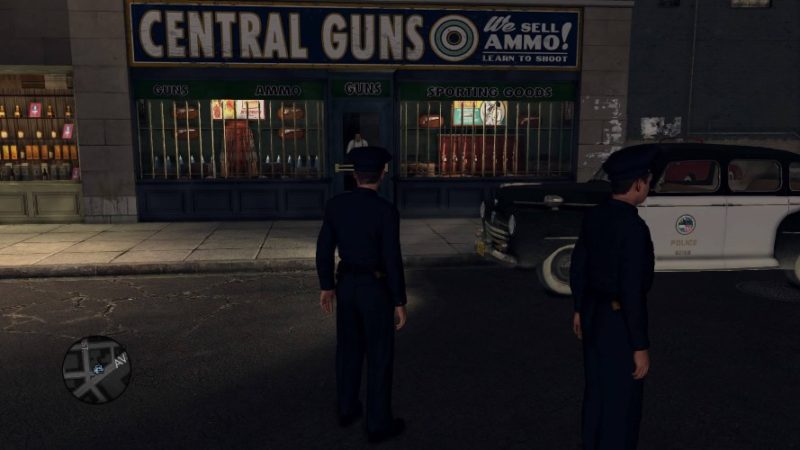
The sprawling open-world of the city has a linear main storyline that tracks Phelps ascension to sleuth greatness, but sporadic side missions buzz through the police scanner always tempting you with possible shoot outs or car chases. The vast majority of gameplay can be spent strolling around the streets familiarizing you with iconic landmarks and personified storefronts.
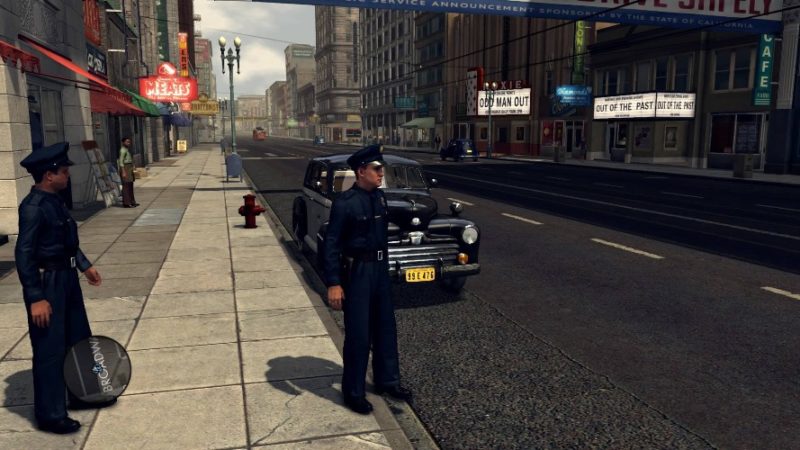
Locations become more memorable with each case solved, and an unspoken dialogue transpires between the landscape and the player. This attachment has only grown with the attention to detail upgraded in this remaster. Reflective chrome assets and vegetation variation are examples of the game’s new crisp presentation.
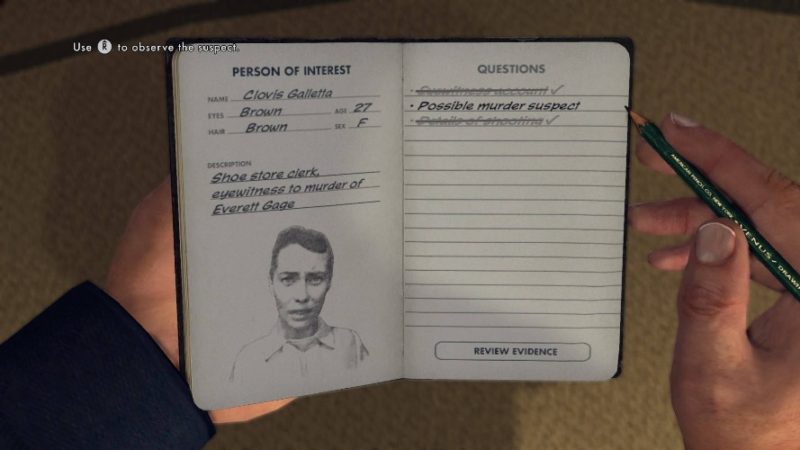
The gameplay has remained largely untouched, which is the largest oversight in this facelift. The third person shooter elements are uninspired and still feel like placeholder mechanics within the otherwise inventive and daring game’s whole. Driving has a nice polish, with chases still lacking the sense of speed that some players might crave. There are no dedicated jump or scale inputs, reducing suspect rundowns to a bland lead thumb ordeal, as the animations are on autopilot. These auxiliary moments of gameplay are not what defines L.A. Noire however.
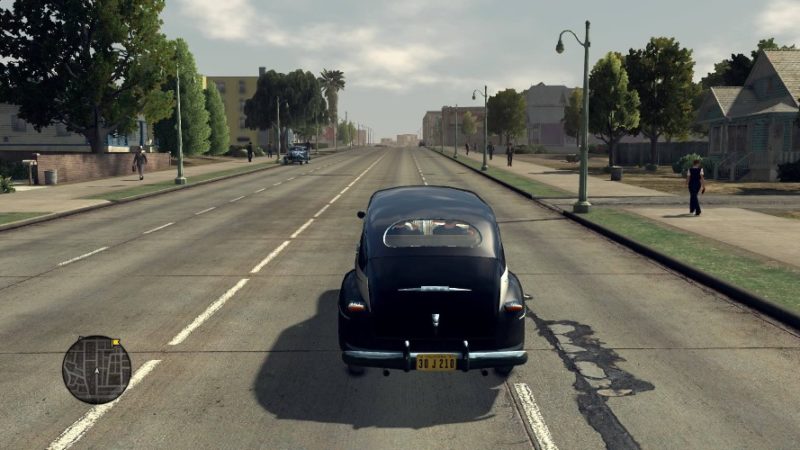
The simulated interrogations were and still are the game’s greatest selling point. The brilliantly integrated narrative weaves in and out of Phelps’ encounters. The police chief will often demand swift justice over the objective reasoning that Phelps stubbornly adheres to. Once the stakes grow in the cases, so do Phelps’ compromises as the game stiff-hands you into operating by the bent department’s rules. The murky waters shape the way you confront witnesses whether you like it or not, which leads to an unsettling and effective use of subversive storytelling. You grow more judgmental, and your general faith in citizens diminishes as the veil of evil slowly rises.
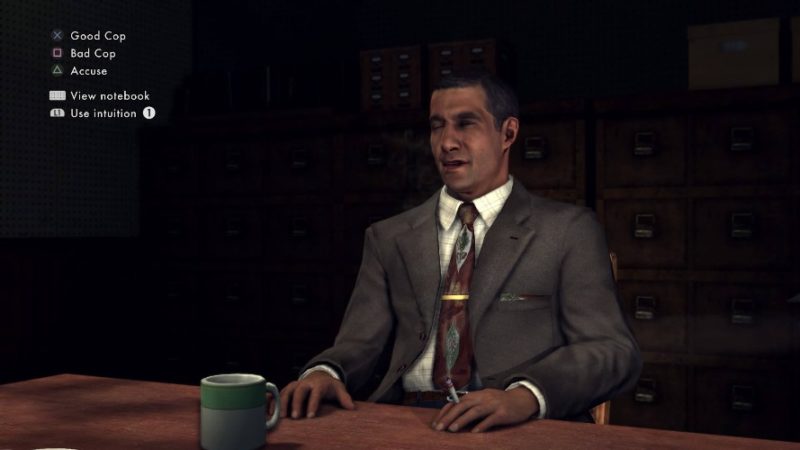
The most prevalent tweak in the remaster is in the interrogation controls. The previously problematic “Truth,” “Doubt,” and “Lie” button prompts have shifted to “Good Cop,” “Bad Cop,” and “Accuse.” The alteration, however, does not fix the issues with the overly simplistic command set. Sometimes a “Good Cop” input will send Phelps yelling at the subject, and other times “Bad Cop” decisions will slide into full blown accusations. The lines between these commands are far too fluid, and at moments, the critical path of the game hijacks your carefully paced questioning.
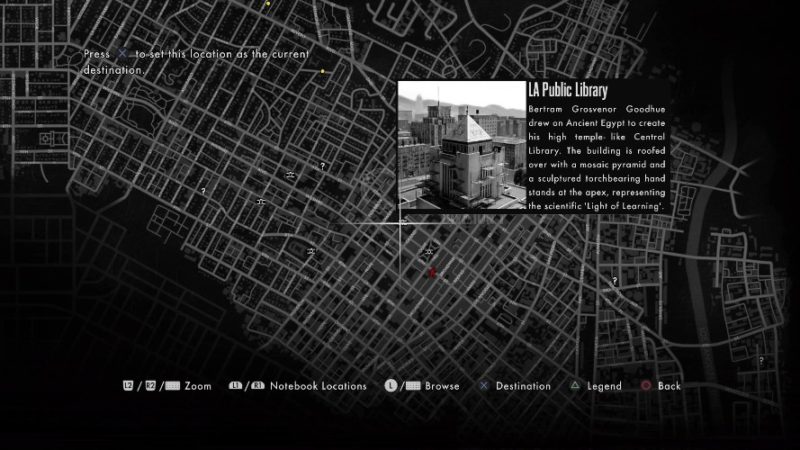
Several hiccups can be found in the narrative if you are unlucky enough to visit locations in an improper order, or if your line of questioning follows a front-heavy style, but for such a reflexive story with hundreds of moving parts, the game seems to breathe and adapt in real-time rather marvelously. The added collectibles will provide completionists some incentive to scour every block of the massive map, and appreciate the painstaking details of the pre-highway L.A.
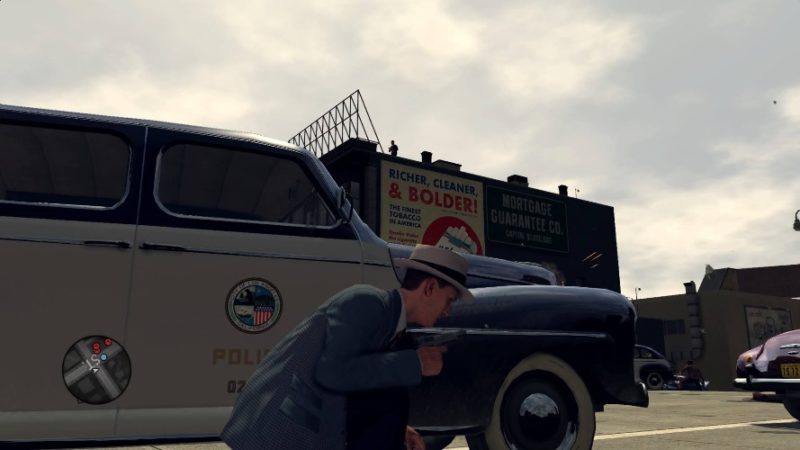
The partners you become stuck with offer a constant reminder of America’s social dark ages. Sexism and racism did not have names, but were infused into the language of the white man, and this might be the most disturbing angle of the game. Assumptions run high immediately, and your place is to ground the department in progressive thinking, which is a hefty chore among bigoted men. The commentary here paints the city with even more disgusting colors, colors that still need to be noticed by a 21st century audience.
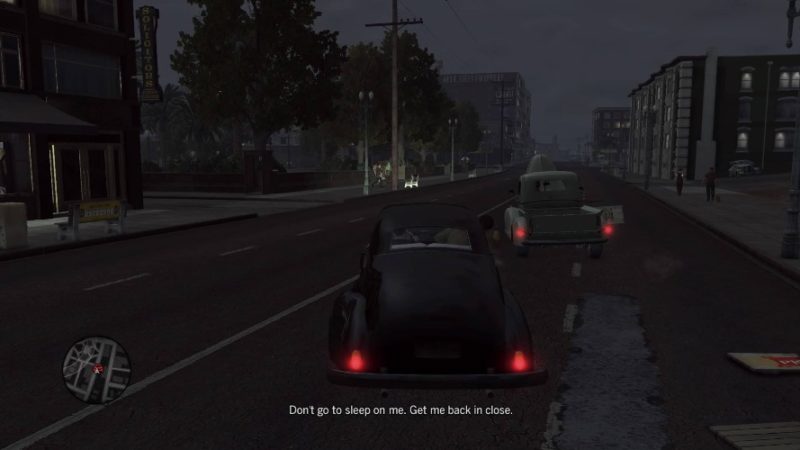
L.A. Noire puts you in some unexpected shoes with some incredible responsibilities. Will you send a husband away for a murder he did not commit? Do you risk shooting a mob member with a hostage in tow? Does that subtle head tilt give this criminal away? Every decision feels heavy and loaded with an uncomfortable level of prejudice. The game’s innovation and social commentary point to vital themes of trust, forgiveness, and justice. These messages blend into a satisfying drive around the bloody streets, and secret-infested buildings of a city void of angels.
8/10
Enhanced versions of L.A. Noire are now available for the Nintendo Switch, PlayStation 4 and Xbox One. And coming in December, L.A. Noire: The VR Case Files for HTC Vive delivers seven of the original engrossing, self-contained cases from L.A. Noire rebuilt specifically for virtual reality, blending breathtaking action with true detective work to deliver an unprecedented interactive experience.
PlayStation 4 Review
-
Overall Score - 8/108/10
I believe the world revolves around storytelling. The gaming community's fascination with creating and innovating has pushed our capabilities to tell stories into a new frontier. The medium of video games satiates a particular desire for interactive and dynamic narratives. My imagination is arrested by truly great games, and in turn inspires me to create more intentionally in all aspects of life.

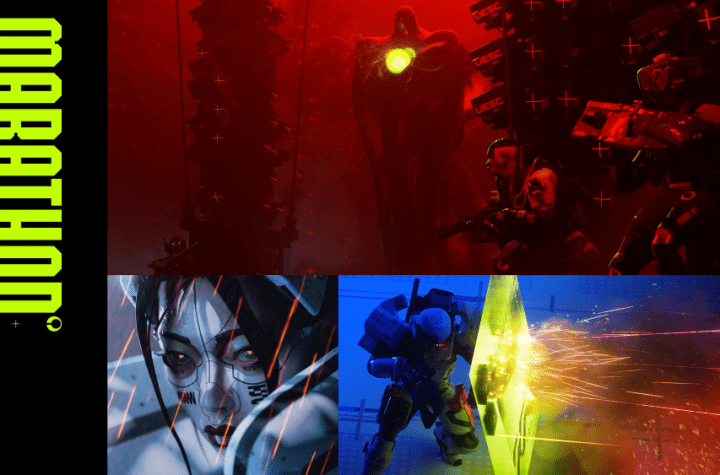

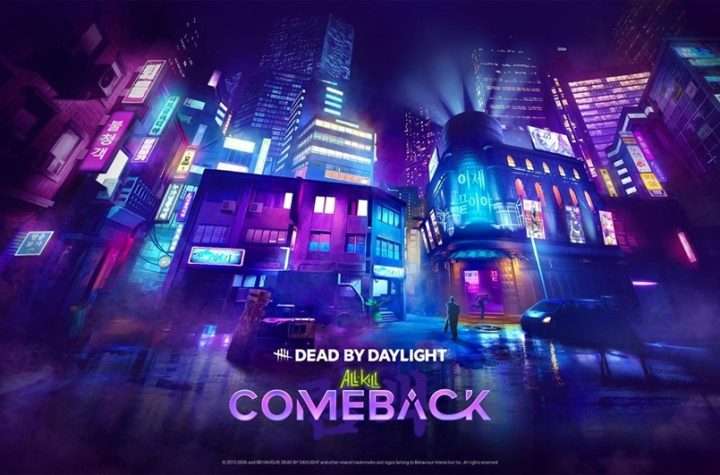
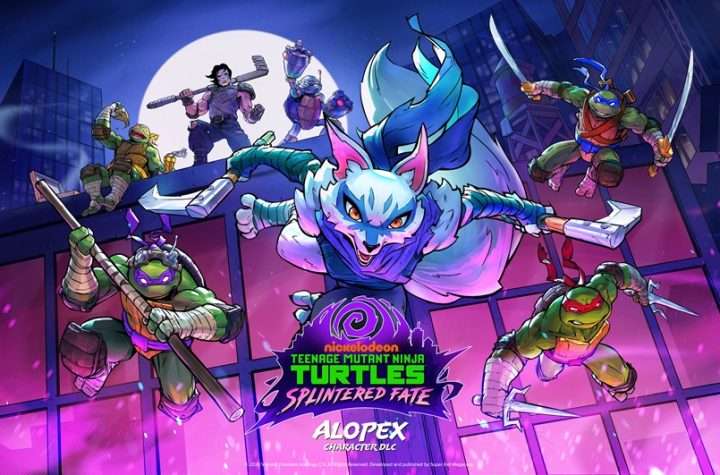
More Stories
Bungie’s MARATHON Server Slam Starts Tomorrow February 26 – March 2
WINDROSE Preview for Steam
Teenage Mutant Ninja Turtles: Splintered Fate Launches New Alopex DLC